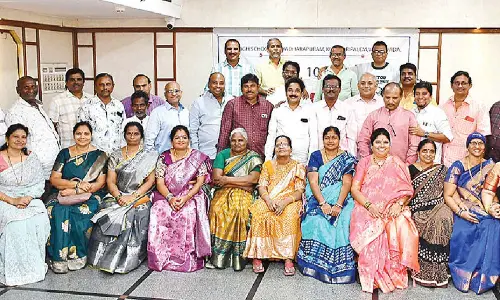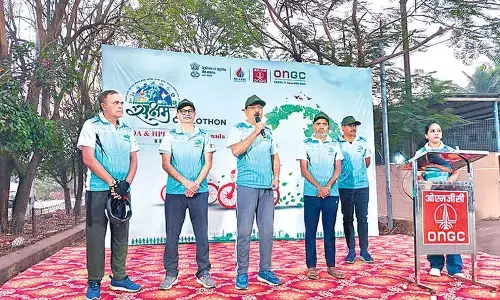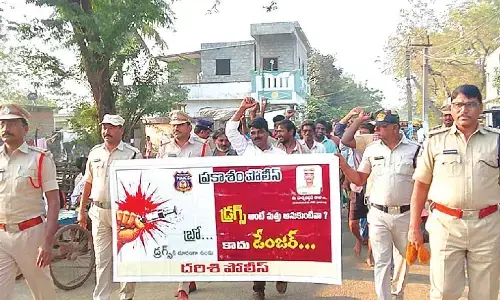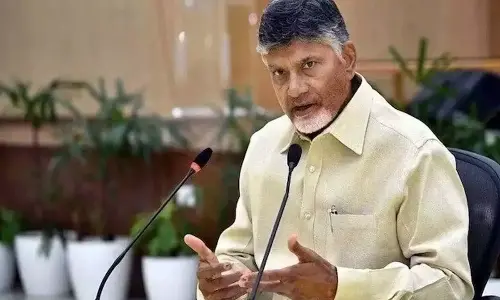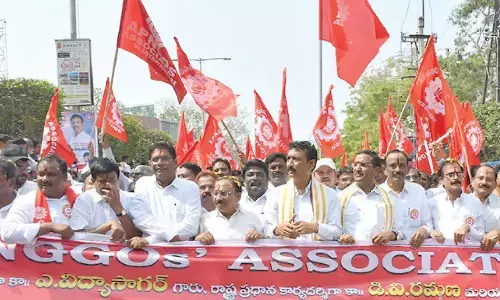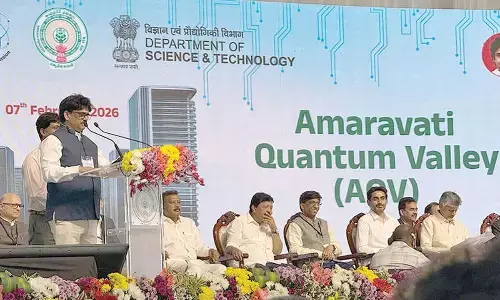GEF funds to support next generation of conservation scientists
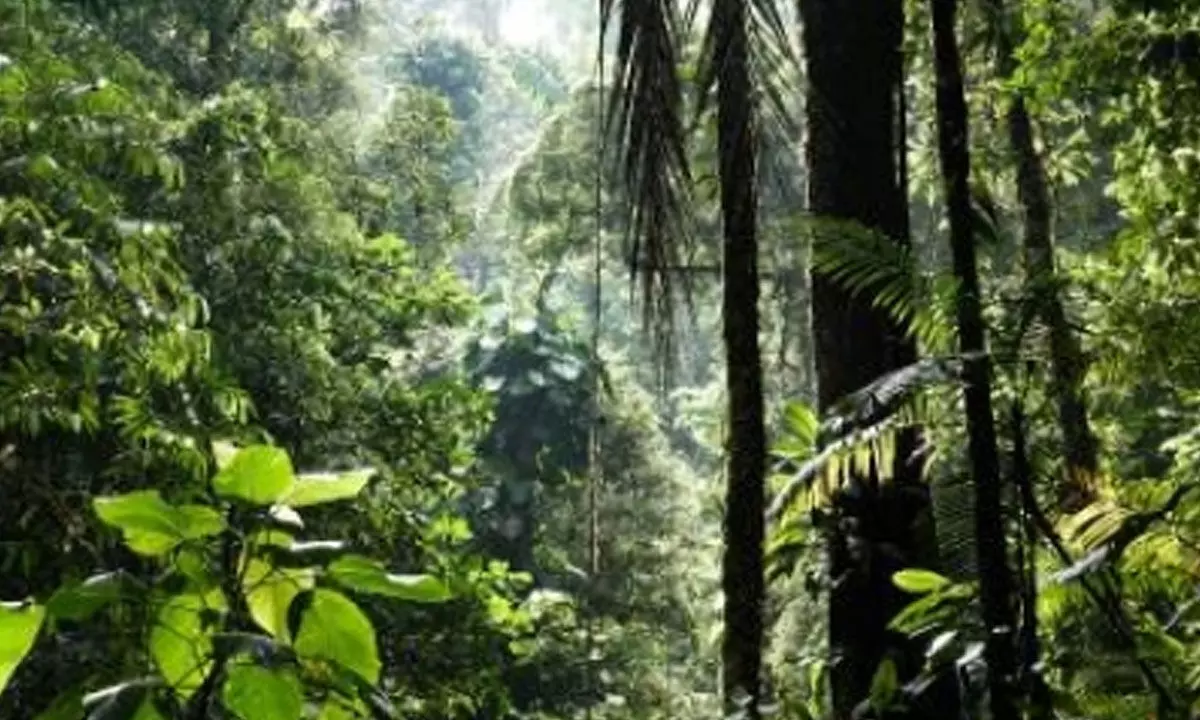
GEF funds to support next generation of conservation scientists
Meeting just before a high stakes UN Biodiversity Conference in Montreal, the Global Environment Facility's governing body approved new biodiversity funding and backed a new youth leadership programme supporting the next generation of conservation scientists.
New Delhi: Meeting just before a high stakes UN Biodiversity Conference in Montreal, the Global Environment Facility's governing body approved new biodiversity funding and backed a new youth leadership programme supporting the next generation of conservation scientists.
In its 63rd meeting, the GEF Council endorsed $65 million for biodiversity projects, including more than $18 million to support the development of biodiversity finance plans in 26 countries.
GEF Council members, meeting virtually, also approved the establishment of a new Gustavo Fonseca Youth Conservation Leadership program to support the education of promising young conservationists from developing countries.
The programme, in honour of tropical scientist Gustavo Fonseca, the GEF's long-serving Director of Programs who passed away in August, will include conservation fellowships, grants for biodiversity field work, awards for participation in international conservation events, and a recurrent global conservation symposium bringing together young environmental leaders.
"This programme will focus on youth and their role in the future of environmental governance and stewardship. Young people from developing countries play a critical role in effecting future change and the GEF is strongly committed to supporting their research, studies, professional development, and leadership," said Carlos Manuel Rodriguez, the GEF's CEO and Chairperson.
In GEF CSO Consultations held just ahead of the Council, civil society representatives stressed the importance of their engagement with international environmental conventions and their agreements, given the significant role that Indigenous Peoples and local communities, women, young people, and other non-state actors play in ecological stewardship.
The latest tranche of funding approved by the GEF Council will help countries to quickly implement the post-2020 global biodiversity framework that is expected to be agreed at the upcoming UN Convention on Biological Diversity's 15th Conference of the Parties (COP15) in Montreal.
The eight-project work program represents one per cent of the record GEF-8 replenishment, and is expected to be followed by much larger work programs at subsequent Council meetings in 2023.
Although modest in size, the projects address diverse needs including improving agroforestry practices in Brazil, addressing the mercury trade in Latin America, and easing pressures on marine ecosystems in the Red Sea and Gulf of Aden.
The projects are set to benefit 37 countries, including nine Least Developed Countries and 12 Small Island Developing States.
Elizabeth Mrema, Executive Secretary of the UN Convention on Biological Diversity, welcomed the support to translate the new global biodiversity goals into action, and stressed the framework under negotiation "needs to be ambitious, realistic, actionable, and achievable".
"Building upon the recent climate change conference, momentum and optimism for the UN Biodiversity Conference in Montreal have become stronger and stronger by the day," Mrema told the Council meeting, which also featured senior officials from international conventions on climate change, land degradation, mercury, and persistent organic pollutants.
Andrea Meza, Deputy Executive Secretary of the UN Convention to Combat Desertification, said the GEF's current four-year funding period could prompt a significant scale-up in environmental action across the board.
"The investments you make in this coming cycle will determine our trajectory to become net-zero emissions, nature-positive, resilient societies," Meza said, calling for a strong outcome from the COP15 negotiations in Montreal, similar to the agreement reached at the landmark 2015 climate change summit.
"We need a 'Paris Agreement for nature' and we are looking forward to have that level of ambition."
Minamata Executive Secretary Monika Stankiewicz and Stockholm Convention Executive Secretary Rolph Payet echoed the need to align international efforts to address drought and land management challenges, climate change, biodiversity loss, and pollutants and toxins in an aligned way, rather than as separate issues.
UN Framework Convention for Climate Change Deputy Executive Secretary Ovais Sarmad welcomed pledges to the GEF-managed Least Developed Countries Fund (LDCF) and Special Climate Change Fund (SCCF) announced at COP27 in Sharm El-Sheikh, and stressed the need for predictable and sustainable finance for environmental efforts to take hold across priority areas including climate resilience.
The GEF climate adaptation funds' governing body held its 33rd meeting after the conclusion of the GEF Council. The LDCF/SCCF Council approved $10 million from the LDCF and $500,000 from the SCCF for two projects -- an effort to address climate vulnerability in Cambodia's agriculture sector, and a global initiative to bolster community-based climate resilience.








